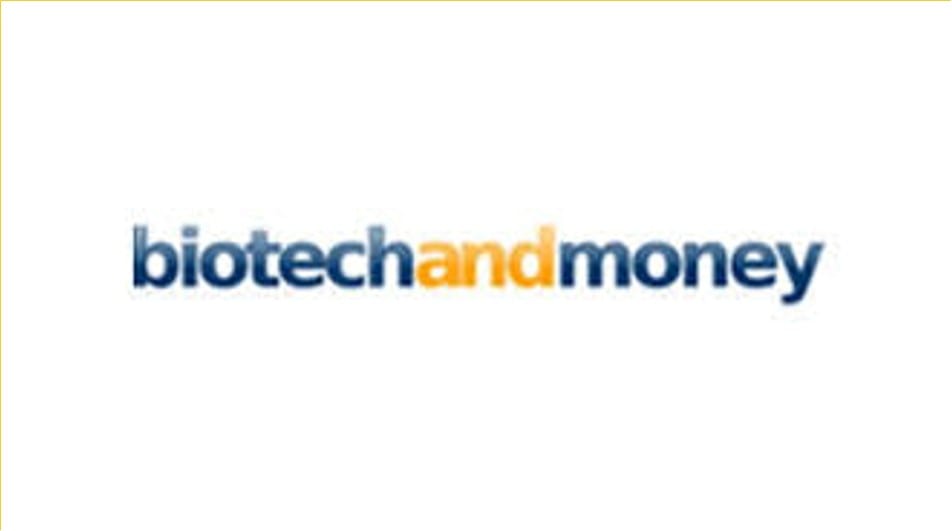The UK’s recent Brexit referendum will have profound and likely negative consequences for the European economy. Globally-minded pharma companies have less to worry about than other less profitable industry sectors in which the companies are more reliant on the UK and/or Europe consumer economies alone. But all companies of all sectors will face economic headwinds.
Strong pharma companies are used to uncertainty and have the capital and know-how to deal with it: most have emerging markets presence in countries that can be highly volatile economically and politically, and drug R&D and commercialisation itself is a highly risky business.
By contrast pre-revenue and emerging small biotech companies will find themselves more exposed to difficulties in fund raising from jittery capital markets, difficulties with venture funds as an asset class, and potential reductions in European grant/academic funding.
European ‘MidPharmas’ can potentially benefit from their private and more patient family/foundation capital (when they have it) as well as partnerships with biotech companies that need funding and capabilities to advance their assets.
Novasecta believes that pharma/biotech companies alike should increase their degrees of strategic flexibility, by making sure that their commercial, R&D and supply chain strategies are robust to potential economic turmoil ahead:
(a) Commercial: Carefully assess the balance of medium-long term regional commercial footprint across Europe, USA, Asia and the rest of the world, and consider an increased use of commercial partners to mitigate risk.
(b) R&D: Create increased flexibility to scale R&D investment up and down depending on profitability by considering a global R&D footprint with more externalisation, collaborations, and partnerships.
(c) Supply Chain: Increase flexibility and global reach through out-sourcing and partnerships with regional players to mitigate the risk of individual country economic difficulties.
The uncertainties in Europe faced by pharma/biotech will increase the pressure on management to (a) focus on what they are uniquely good at, (b) create flexibility, and (c) make more use of partnerships and organic growth rather than M&A to create value for their shareholders and patients. In the long run this is no bad thing for the industry. In the short run we expect some companies to find life difficult and others to use the headwinds to shape up and thrive.
Context
1. The UK’s referendum vote was a wake-up call to Britain’s political parties rather than a definitive governmental decision to leave the EU:
All of Britain’s major political parties recommended that UK remain in the EU, yet on 23rd June 2016 out of a 46.5m electorate, 17.4m Britons (37%) voted for the UK to leave, 16.1m (35%) voted to remain, and 13m (28%) chose not to vote. Such is the sorry state of the UK’s political parties and democracy today.
The UK populace is far from aligned on the issue: London, Scotland and Northern Ireland voted to remain, the rest of England and Wales voted to leave. Politicians will find it very tough to bridge this divide.
2. UK has not exited from EU yet: full exit may take many years or never happen:
The UK Prime Minister has resigned, and he will not trigger “Article 50” to formally start the exit procedure. This will be the decision of the next Prime Minister, who will be chosen by the Conservative party, not the electorate.
The UK’s two major political parties are in turmoil, so there may be another General Election in the UK before any government feels it has the mandate to either trigger Article 50, delay triggering it, not trigger it, or indeed hold another referendum. This is a UK government decision, not the UK electorate’s or Europe’s. Anything is possible.
If Article 50 is triggered, negotiations to leave the EU will take 2 years, and trade negotiations between UK and Europe could take many more years.
3. There will be significant political and economic headwinds in Europe for many years to come:
As a potential catalyst to political and economic instability in the Eurozone, the UK referendum has been a significant and unwelcome blow to European economic growth and capital availability.
The UK’s deep and global capital markets are important to both Europe and the pharma biotech industry, even though the UK economy only represents less than 3% of global GDP.
It is hard to see the UK’s referendum result creating any short to medium term advantages for the EU, the European “Project” or the Eurozone: more likely it has been a catalyst for isolationist governments, trade-reducing policies, and a capital flight from risk.
Implications for Pharma/Biotech
The “safe-haven” nature of global Big Pharma stocks coupled with such companies’ relatively high levels of profitability compared to other industry sectors allows this part of the pharma/biotech ecosystem to play a long game and as such benefit from a global presence with an associated risk mitigation against regional or local instability. Nevertheless Big Pharmas should continue to create flexibility in their businesses and focus on the areas that they have genuine distinctive capabilities in. Furthermore Big Pharmas that have been more reliant on M&A than building capabilities and partnerships to create growth may face headwinds from jittery capital markets.
Smaller biotechs, particularly those that are pre-revenue, will face increased risks through a likely shortage of risk capital: capital markets will gyrate and to some extent dry up while waiting for more economic certainty. IPOs are likely to be tougher, venture funds are less likely to provide funding as they find it harder to find Limited Partners in a context of capital markets seeking security rather than risk and upside. Smaller biotechs that rely on grant funding and government / EU funding, for example through the EU’s massive Horizon 2020 scheme, will also find it tougher to find the funds required to grow. As has always been the case, smaller biotechs will need to themselves focus down on the capabilities where they have genuine advantage and find pharma/biotech and outsourcing partners to mitigate risk and create flexibility.
European ‘MidPharmas’ are poised to benefit from both European capital market uncertainties and biotechs’ funding difficulties. Those that have global scale and that have already created flexibility in R&D and commercially can reap the “safe haven” benefits that are enjoyed by Big Pharma. Like Big Pharma they can also provide funding and support to biotechs in exchange for some of the upside of their R&D. A further potential benefit comes from the stability and long-term perspective afforded by the family and/or foundation ownership or control that is the characteristic of many European MidPharmas. Such funding does not create pressure on senior management to make strategic moves in haste, and makes the companies less reliant on M&A to satisfy investors, which again makes them less vulnerable to economic uncertainty.
In short the pharma ecosystem will be in shock for some time yet, and the full implications will take time to play out. Novasecta’s belief is that the motto “when the going gets tough, the tough get going” is the one to apply at this time of uncertainty. There are opportunities for pharma to help biotechs be successful and share in the upside, and the European economic uncertainty will create a pressure and capital discipline on all pharma/biotech companies that will ultimately make the survivors in the industry and the patients they serve much healthier.



